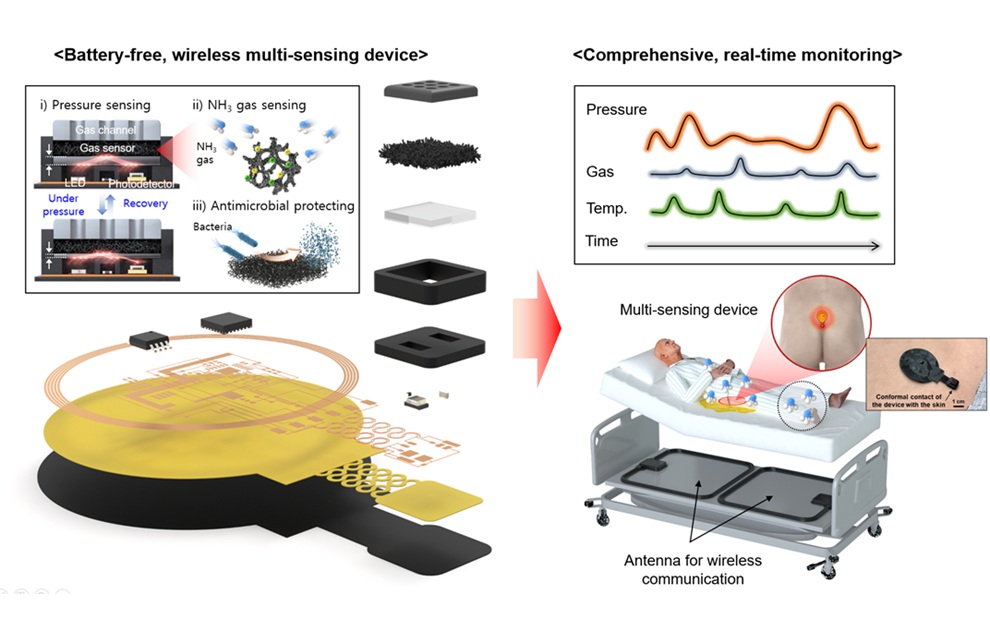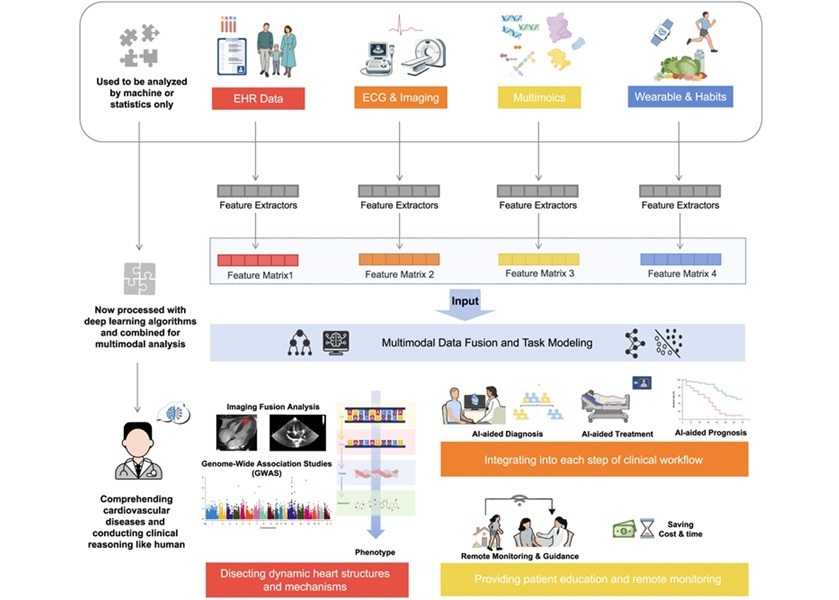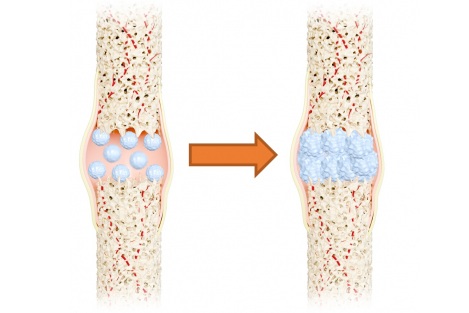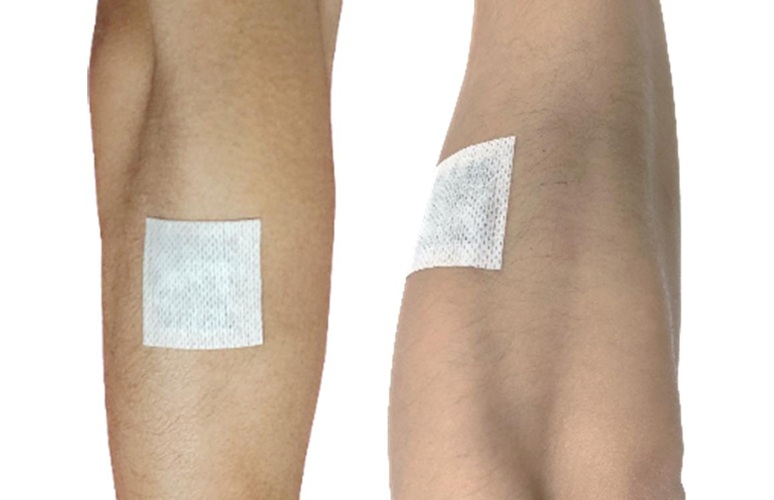Critical Care







In Other News
New Device Detects Tuberculosis DNA Directly in Exhaled Air
New Menstrual Cup Could Detect Infections and Improve Diagnostics
Engineered “Natural Killer” Cells Could Help Fight Cancer
Faster Lymph Flow Predicts Better Response to Diuretics in Acute Heart Failure
New Global Recommendations Aim to End Deaths from Postpartum Hemorrhage
New Guidance to Improve Diagnosis and Management of Heart Failure During Pregnancy and Postpartum
'Flat-Line ECG' Indicates Poor Outcomes for Out-Of-Hospital Cardiac Arrest
Unified Framework Establishes New Global Standard for Precision Medicine in Sepsis and Critical Care
Cold Plasma Penetrates Deep into Tissue to Fight Cancer
Radioactive Microscopic Beads Could Treat Patients with Kidney Cancer
Novel Test Offers New Accuracy Level in Heart Attack Diagnosis
First-Ever Medical Technology Regrows Nerves and Stops Amputations in Diabetic Patients
AI Tool Reduces Serious Complications and Readmissions After Colorectal Cancer Surgery
Time-Released Gel Eliminates Residual Brain Tumor Cells Post Resection
Handheld Sensor Could Replace Blood Tests for Health Monitoring
3D-Printed Carbon Nanotube Sensors to Enable Smart Health Monitoring
Wearable ‘Microscope in a Bandage’ Fastens Wound Healing
Virus Cocktail to Combat Superbugs Offers New Precision Medicine Approach for Hospitals Battling AMR
3D Printable Bio-Active Glass Could Serve as Bone Replacement Material
Brainwave Test Detects Memory Decline Years Before Alzheimer’s Diagnosis
Smart Biosensors Could Be Game-Changer for Wearable Health Tech
Low-Cost Medical Device Stops Postpartum Hemorrhages
Non-Invasive Wearable Sensor Detects Sweat Biomarker in Low-Perspiration Conditions
HospiMedica Critical Care channel provides timely reporting on emergency medicine, intensive care, anesthesia, neonatal care, patient monitoring, respiratory care, infection control, and more hospital related subjects.










